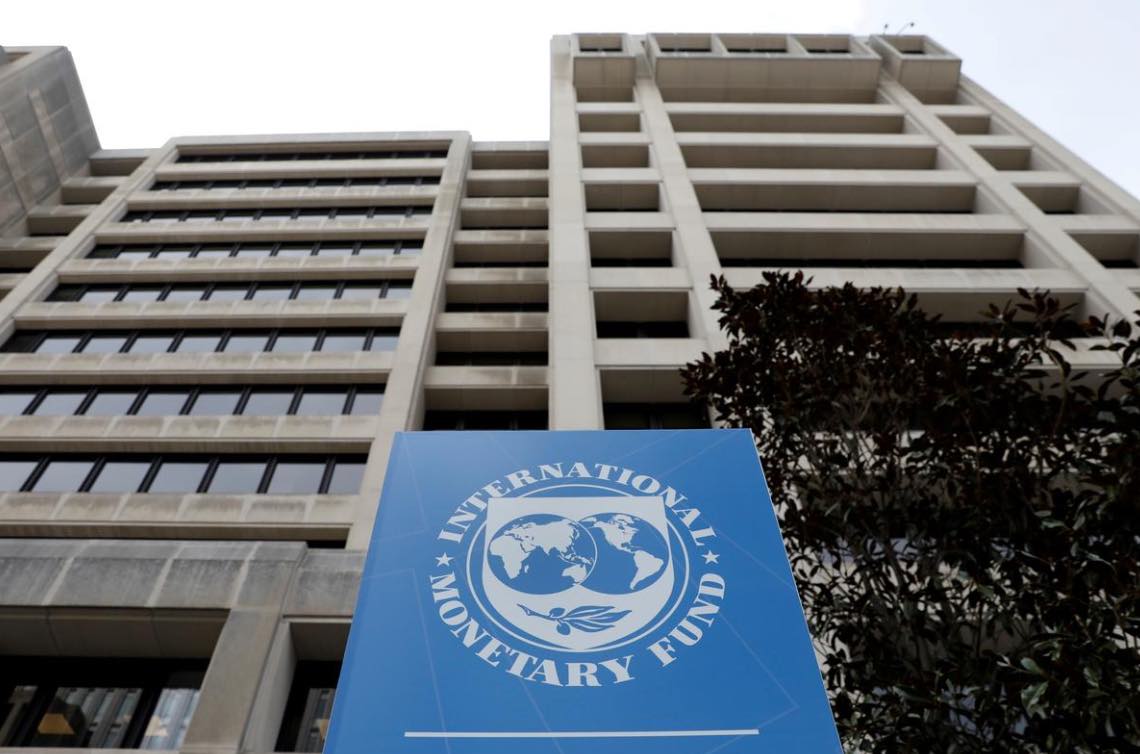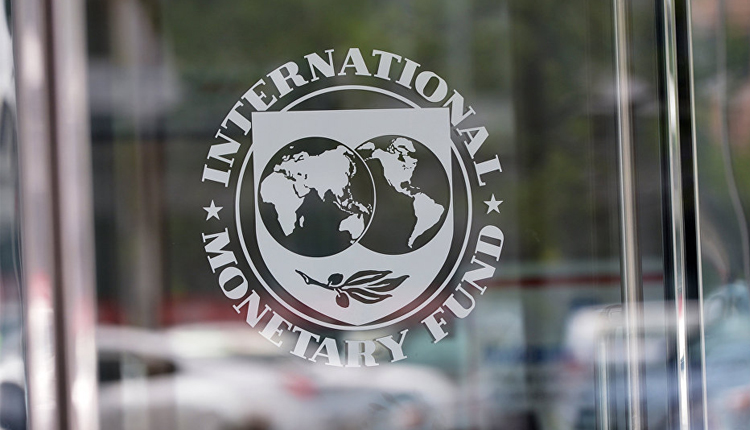WASHINGTON — Egypt is seeking to build a political consensus to back a much-needed financial support program from the International Monetary Fund, the fund said Wednesday after talks in Cairo.
"Egypt's economy, despite its solid and sound fundamentals, is facing a number of difficult challenges, which have to be addressed through an economic program that safeguards macroeconomic stability and creates conditions for a strong recovery," said IMF Middle East director Massoud Ahmed, who led the talks on Monday and Tuesday.
"The program developed by the Egyptian authorities and its key policies are currently being discussed with emerging political parties to ensure broad political support," he said in a statement.
"This should help reduce uncertainty and boost confidence in the program's successful implementation."
Resistance to expected IMF conditions on government policies — such as cutting subsidies and boosting tax receipts — has stalled what has been expected to be a US$3.2 billion loan to help Cairo bridge fiscal shortfalls.
The economy and government finances have deeply suffered, especially from the loss of all-important tourism income, since the uprising early last year that led to the ouster of strongman Hosni Mubarak.
Ahmed said his team had met with the Freedom and Justice Party, backed by the powerful Muslim Brotherhood, as well as representatives of other parties and civil society groups while in Cairo.
"These meetings provided us with a cross-section of views about Egypt's current economic and political situation, and possible avenues to address the challenges facing the economy," he said.
"It also gave us an opportunity to explain the role the IMF could play in support of Egypt's historic transition."
Earlier Wednesday, Egyptian newspapers reported that Ahmed said the fund would not set conditions for the anticipated program.
"The fund does not plan on imposing any conditions," Ahmed was quoted as saying by Al-Masry Al-Youm newspaper.
"All we want is a two-year reform program that is approved by all political forces and that succeeds in reducing the budget deficit," he said.
He stressed however that "energy subsidies and tax irregularities" are among Egypt's key woes, Al-Masry Al-Youm reported.




